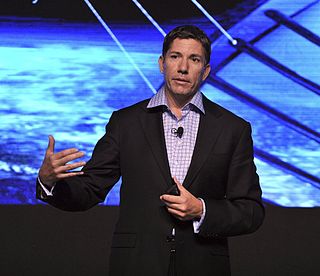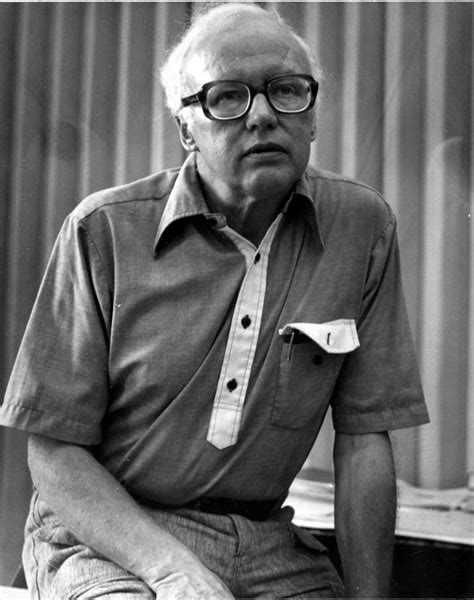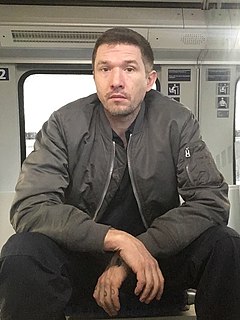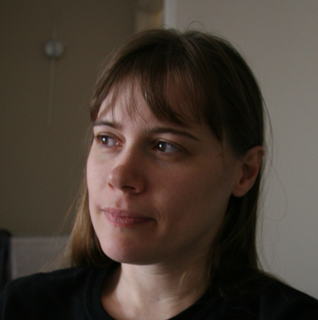A Quote by Gary Kovacs
I don't know why, but I'm continually amazed to think that two and a half billion of us around the world are connected to each other through the Internet and that at any point in time more than 30 percent of the world's population can go online to learn, to create and to share.
Related Quotes
For half of the world's population, roughly three billion people around the world living on less than two dollars a day, an election is at best a means, not an end; a starting point, not deliverance. These people are looking less for an "electocracy" than for the basic elements that for most of us define a decent life--food, shelter, electricity, basic health care, education for their children, and the ability to make their way through life without having to endure corruption, violence, or arbitrary power.
Roughly two billion people participate in the money economy, with less than half of those living in the wealthy countries of the developed world. These affluent 800 million, however, account for more than 75 percent of the world's energy and resource consumption, and also create the bulk of its industrial, toxic, and consumer waste.
Our children are exposed to 10, 20, 30 times the number of words that our great-grandfathers were exposed to. We're exposed in a single day or two to more horror on our Internet Web pages than our great-grandfathers were exposed to in decades of living. We have not created modern minds for that modern world. Science and technology has just dumped it on us. And I think people yearn for it. I think you see it in what's popular. Why are people wanting to learn about meditation and talking about a purpose-driven life? It's because they know more is needed in the modern world.
New York is where it is going to begin, I think. You can see it coming. The insect experts have learned how it works with locusts. Until locust population reaches a certain density, they all act like any grasshoppers. When the critical point is reached, they turn savage and swarm, and try to eat the world. We're nearing a critical point. One day soon two strangers will bump into each other at high noon in the middle of New York. But this time they won't snarl and go on. They will stop and stare and then leap at each others
The collective shortfall of the 3.08 billion people (47 percent of world population) who, in 2005, lived below $2.50 per day was $507 billion per annum, which indeed comes to about two-thirds of the present US military budget. This gives us a rough sense of how much the eradication of poverty would cost.
I always give the analogy of the Earth at Night picture, of 7.3 billion of us, right? And everyone says, "Well, that's population." Well, if you took the entire world's population and you lived at the density of Manhattan proper - not a bad place to live - how much space do 7.3 billion people take up? The state of Colorado. At which point I end my lectures, because I want you to be thinking ... is this really a question of population, or is this a question of land use and resource consumption? And let's face it, the top 1.3 billion of us are doing all the damage. Sorry.
Only one same reason is shared by all of us: we wish to create worlds as real as, but other than the world that is. Or was. This is why we cannot plan. We know a world is an organism, not a machine. We also know that a genuinely created world must be independent of its creator; a planned world (a world that fully reveals its planning) is a dead world. It is only when our characters and events begin to disobey us that they begin to live.
You probably need 1/10 of the world's population for us to continue to exist. There's just too many damn people. You have to somehow get us from 7 billion people to... I don't know what the magic number is, but I imagine at some point, that will happen. And I don't know about you, but I don't think I'm making the cut.
You don't owe the internet your time. Your time is yours, whatever time you give the internet is a gift. The internet does not know this, and it will never learn. Time is the most precious thing you have. More than money, or land, or prestige, or any valuable thing you can think of, a life is measured in time. The sooner you walk away from a useless fight, the more of it you get to have.


































